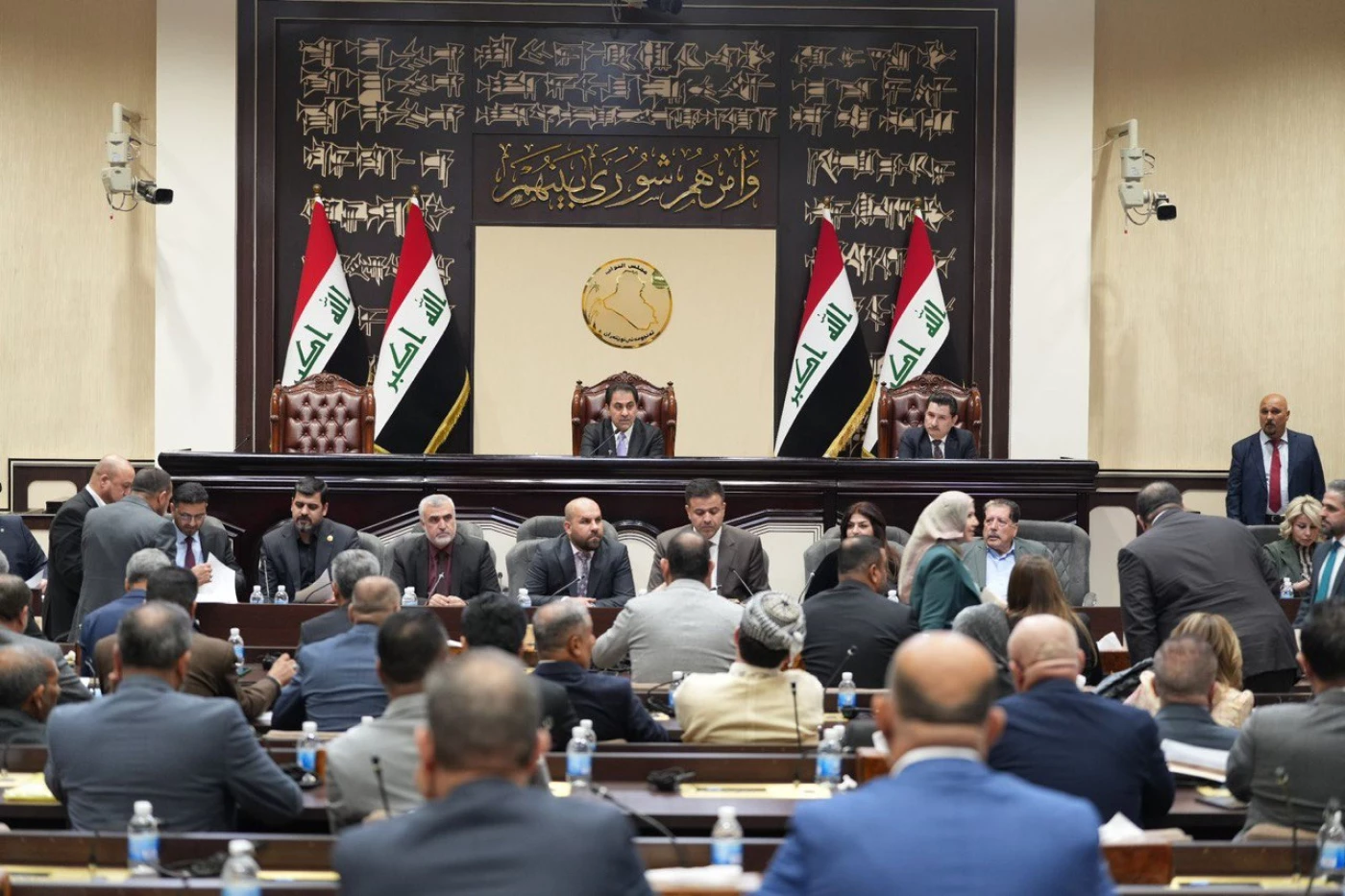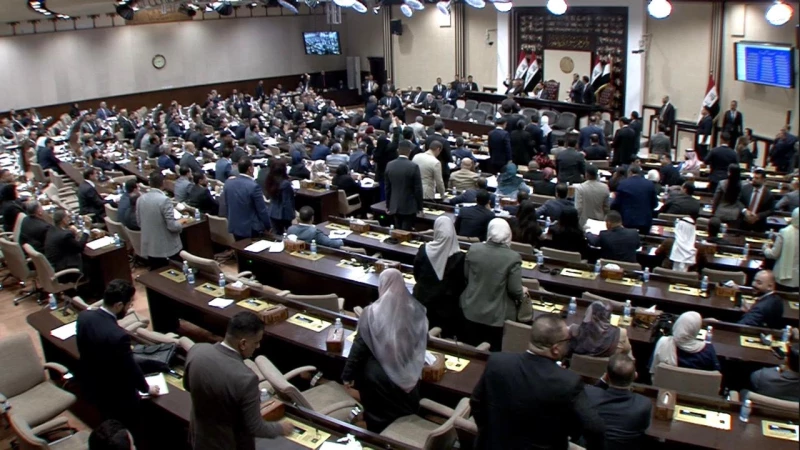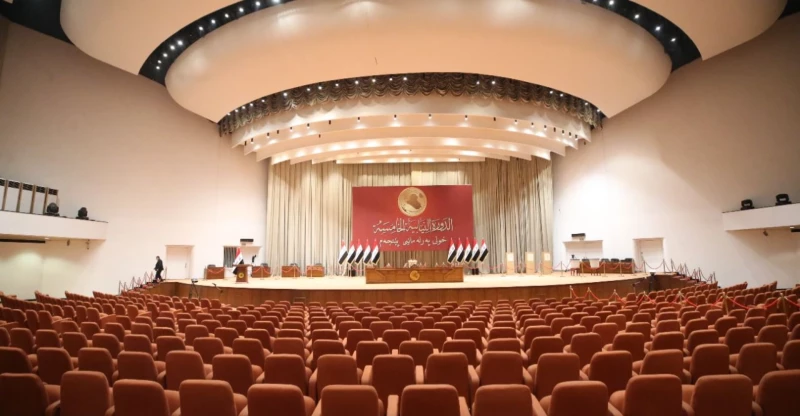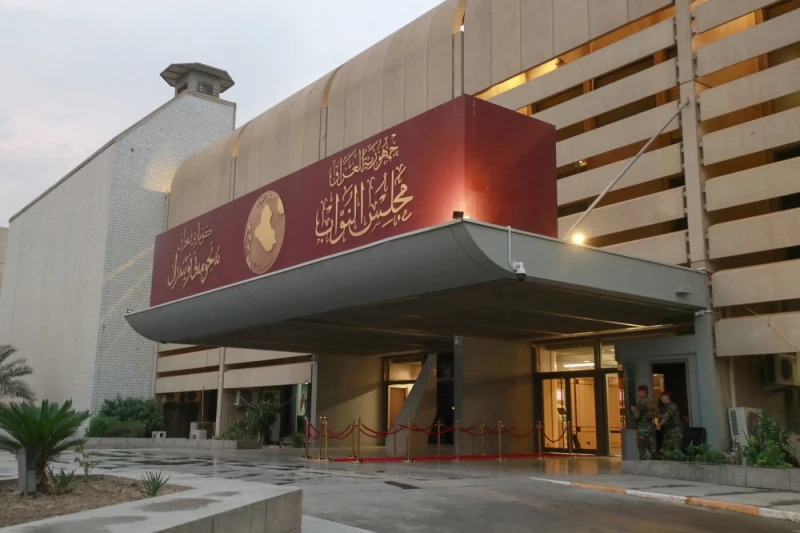ERBIL, Kurdistan Region of Iraq - The Iraqi parliament on Sunday postponed the vote on three controversial bills including amendments to the Personal Status, a general amnesty, and a bill to return properties, which were included in Saddam Hussein’s Revolutionary Command Council’s decisions, to their original owners.
Kurds, Sunnis, and Shiites each support and lobby for one of the bills to be passed.
Nihal al-Shammari, a Sunni lawmaker on Saturday warned that without a political agreement between the political sides, there would be "no guarantee" to pass the controversial bills.
The Kurds support the return of properties to their original owners. Under the Revolutionary Command Council’s decision, over 300,000 dunams of land owned by Kurds and Turkmen were given to Sunni Arabs in Kirkuk that had been resettled in the disputed province from other parts of the country.
The Sunnis are strongly against the passing of this bill, hence, boycotting today’s parliamentary session.
The Sunnis demand that returning agricultural lands from Sunnis to Kurds and Turkmen without compensating them earlier is "unjust" and may fuel tensions in the disputed regions.
The parliament convened in the presence of 172 Shiite and Kurdish lawmakers.
The Amnesty law was among the main requests of the Sunni component upon the election of Prime Minister Mohammed Shia’ al-Sudani.
They believed that following the years of war since 2003 and after the so-called Islamic State rule, their community was among the most affected by unjust mass arrests and terrorism charge allegations, given that many of the insurgencies would originate from Sunni majority areas in the country.
The law redefines the concept of affiliation to terrorism, through which the cases of many in Iraq will become easier to resolve. The bill could save the lives of scores of innocent people from the country’s prisons, but could also lead to the release of the guilty if not implemented properly.
Supported by the Shiites, the proposed amendment to the Personal Status Law would allow couples to choose their religious sect - Shiite or Sunni - when entering into a marriage contract. If the couple cannot agree on a sect, the husband's sect would be applied.
The amendments, which have been criticized by rights organizations and activists, would shift marriage validation from the courts to religious authorities, impacting women's rights, including inheritance and custody.
The bill, primarily supported by male Shiite MPs, is justified by its proponents as a measure to “protect” young girls and reduce divorce rates, but it has faced backlash for potentially legalizing child marriage.
Human Rights Watch condemned the proposed changes as a severe regression for women's and girls' rights in Iraq.



 Facebook
Facebook
 LinkedIn
LinkedIn
 Telegram
Telegram
 X
X


